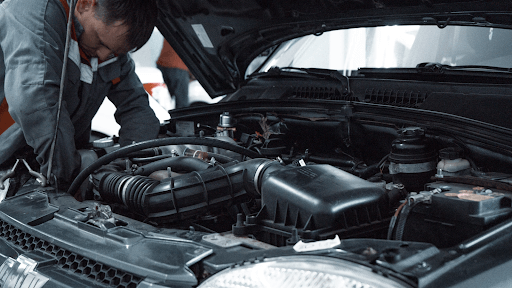Buying a new car is an exciting experience, but if you’re buying a second hand used car, it’s important to know what you’re looking at in order to avoid buying a lemon vehicle. Auto defects can come in many different forms, and unfortunately not everyone who sells a car will be honest if the car has issues. In this article, you’ll learn the common auto defects you should watch out for and how to spot them when you’re looking to buy a new vehicle.
- Electrical System Failures
Electrical system failures are a common issue in lemon vehicles. Some things to watch out for include:
- Faulty wiring issues which could be seen in malfunctioning dashboard indicators or flickering lights.
- Battery issues such as problems starting the car is a sign there may be problems with battery drainage or issues with the battery charging when the car is on.
- Electrical shorts which could cause issues with the windows going up and down or the radio not working.
While you don’t have to be an electrician to spot electrical system failures, you can see issues if some of the electrical indicators aren’t working. If you’re not sure, ask if you can get the vehicle checked by a professional mechanic. If you do buy a lemon vehicle without realizing it, it’s important to seek legal advice from a Lemon Law Attorney Los Angeles or one that resides in your local area.
- Brake System Defects
Brake system defects are a major issue in lemon vehicles. Some signs there may be issues with brake systems include:
- Brakes taking time to stop the vehicle when you push down on the pedal. You’ll either feel stiffness or the brakes being too soft.
- Listen for grinding and squeaking noises when applying the brakes.
- Check for brake warning lights or ABS warning lights on the dashboard.
If you find issues with the brakes maybe assess whether it needs to be checked by a mechanic before you consider buying it.
- Steering System Issues
Steering issues can cause a major accident if not correctly checked and fixed. Signs the vehicle you’re looking at may have steering issues include:
- Check how smoothly the car can turn when you’re test driving it. If the vehicle has power steering and it’s too tight or loose then there could be an issue with the power steering.
- When driving straight, see whether the vehicle drives straight or pulls heavily to the side. While a vehicle may gently move to the side of the road when driving as a safety feature, it shouldn’t heavily pull sideways. If it pulls heavily there could be alignment issues.
- If there’s whining or clunking noises when turning the wheel it could mean issues with the internal mechanics of the steering wheel.
Steering issues could indicate something more serious with the vehicle, so always be careful when purchasing a car if the vehicle shows these signs. If you’re planning to use your vehicle for a job like Uber, for example, it’s even more important to make sure you don’t buy a lemon vehicle.
- Transmission and Engine Defects
Engine and transmission issues can lead to the car not driving correctly (or at all). Some signs your car has engine and transmission defects include:
- If there’s grinding noises, jerky transitions or hesitation in the vehicle when changing gears. This could be a sign of transmission problems.
- If there’s fluid leaks under the car after a test drive it could indicate problems with cracks or seal issues.
- If the engine is making hissing, rattling or knocking noises it could mean the engine is failing.
Engine issues especially are serious, especially if the check engine light turns on. Try to avoid vehicle purchases where engine issues are found.
Endnote
Whether you’re buying a vehicle for yourself or someone you know, it’s important to be on the lookout for a lemon vehicle in order to save you money and also to avoid having fines issued by a police officer. If you find you bought a lemon vehicle don’t be afraid to seek legal advice to ensure you get a fair outcome for the purchase.


























